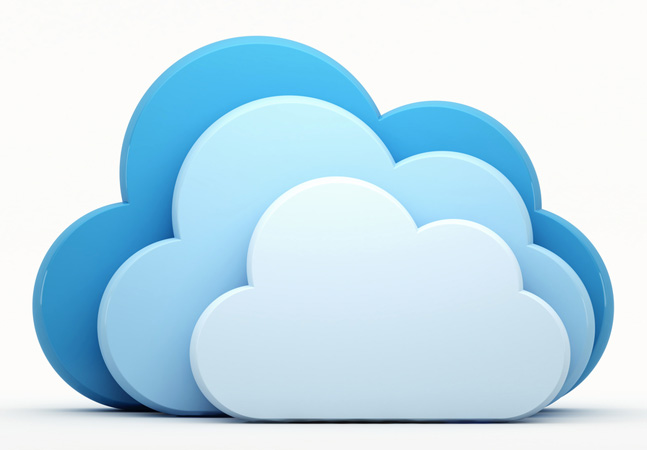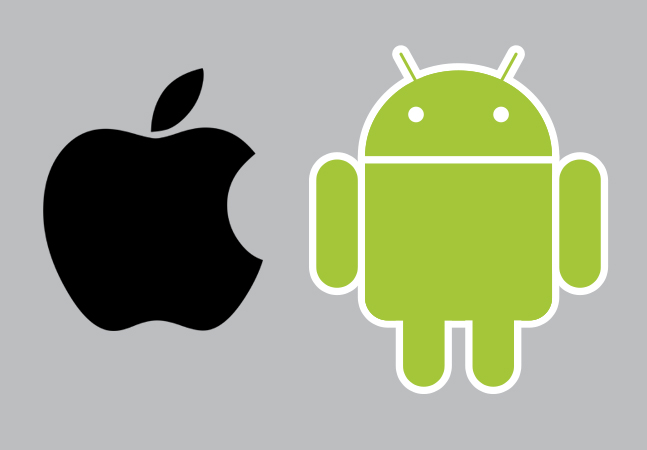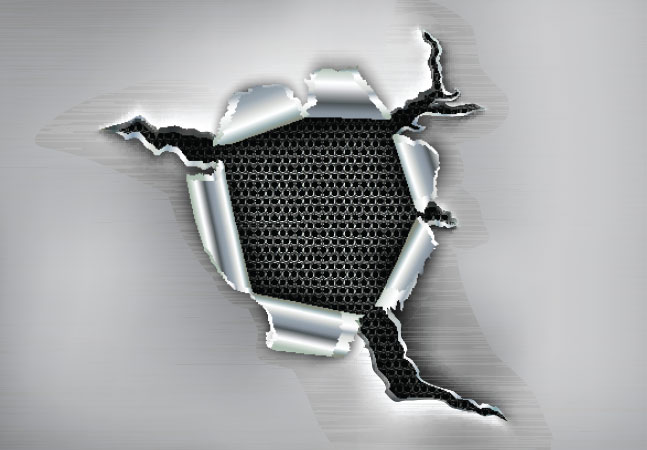
Along with nearly every other mobile back-end vendor on the planet, Amazon is stepping up to the plate to offer its cloud as a replacement for the Parse service being shut down by its acquired owner, Facebook.

Here's a round-up of this week's Big Data news from Looker, RethinkDB, Talend and others, featuring self-service data preparation, RethinkDB on Windows, Spark- and Presto-based BI, a turnkey data pipeline creator and more.

The Node.js Foundation, formed last June to advance development of the popular server-side JavaScript platform, is officially absorbing the widely used Express Web server framework into its ecosystem.

Apple and Google are out with new beta updates to their mobile dev IDEs, with interactive playgrounds for iOS development in Xcode and improvements to the new, faster emulator for Android Studio.

Impetus Technologies today said it added Apache Spark support to its StreamAnalytix tool to complement existing functionality provided by the Apache Storm project for distributed, real-time streaming analytics.

An infamous Remote Access Trojan, a piece of Java-based malware that gives attackers a backdoor into Windows, Linux, Mac OS X and Android devices, has re-emerged -- after apparently being shut down last year -- now as a commercial "malware-as-a-service" platform.

Amazon Web Services Inc. today announced two new services to help professional game developers create cross-platform games connected in the cloud.

Oracle has issued an out-of-cycle security patch to fix a vulnerability that can be exploited when installing Java on Windows. The vulnerability, which earned a CVSS Base Score score of 7.6, affects Java SE 6, 7 and 8.

Here's recent news from OpsClarity, Microsoft, Trillium and others, featuring data-driven app monitoring, data preparation/data quality, a Big Data appliance, an Internet of Things hub and more.

Today's release of Couchbase Mobile -- the NoSQL database turned into a mobile dev solution -- targets the enterprise with administration, security and performance enhancements.

IBM last summer made big news by going all in on Apache Spark for Big Data analytics, with a massive developer investment that resulted in redesigned data products and today's launch of a bevy of new services running on its cloud.

Mozilla has given up on Firefox OS -- its ill-fated challenge to Apple's iOS and Google's Android mobile platforms -- to instead focus on connected devices "bringing the power of the Web to IoT."

Syncfusion moved its Windows-based Big Data platform out of preview and into production with new support for Apache Spark, Apache HBase and Scientific Python. The enterprise software development company claims it's the singular Apache Hadoop-based distribution designed for Windows.

Just a couple months after the release of PHP 7, AppNeta claimed to be the only company in its Application Performance Management space to support the newest version of the ubiquitous Web scripting language, which boasts speedier performance and a spaceship operator.

Redis Labs today announced the integration of its namesake NoSQL database with Spark SQL, along with a new Spark-Redis connector said to speed up certain Big Data analytics tasks by 100 times or more.

Microsoft updated its lightweight, open source code editor with a new tooling extension that provides support for building hybrid cross-platform mobile apps with Apache Cordova.

Facebook is closing down the Parse Mobile Back-end-as-a-Service platform it acquired in April 2013, a move that will force many developers to switch their apps to an alternative backing service.

10 years ago today the first Hadoop cluster was put into production at Yahoo. We asked Raymie Stata, who actually hired Hadoop co-creator Doug Cutting into Yahoo, to look back at the history of the game-changing Big Data technology, forecast where it's going and provide advice for developers looking to master it.

Here's a roundup of recent news from Cloudera, MapR, VoltDB and others, including an analyst's rankings of the top Hadoop distributions, expanded free Hadoop training, new products and more.

Oracle's latest Critical Patch Update includes fixes for eight Java security holes, three of which were rated critical, earning Common Vulnerability Scoring Standard scores of 10.0.